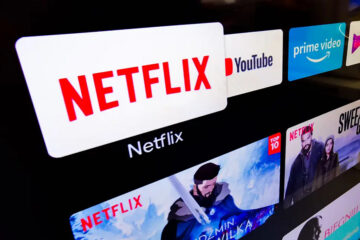The New York Times’ Lawsuit Against OpenAI: A Battle Over Content Ownership

The New York Times has taken legal action against OpenAI and Microsoft, alleging that they unlawfully used the newspaper’s content to train chatbots, thereby competing with The Times itself. Filed in the Southern District of New York in Manhattan, the lawsuit asserts that the actions of OpenAI and Microsoft pose a threat to The Times’ ability to deliver its services and maintain its integrity in the digital landscape.
The Challenge of AI in Media
Media organizations face mounting challenges in the digital era, with the migration of readers to online platforms reshaping the industry. The emergence of artificial intelligence technology further complicates this landscape, as companies like OpenAI leverage online content, including articles from media outlets, to train AI models. While such models aim to enhance language proficiency and comprehension, they also risk misattribution and misrepresentation, as highlighted by The Times’ lawsuit.
Microsoft’s Role and Partnership with OpenAI
Microsoft’s collaboration with OpenAI underscores the significant investment and interest in AI technology. As OpenAI’s primary supporter, Microsoft has contributed billions of dollars to the company, enabling the integration of AI capabilities into its products and services. This partnership, while lucrative for both parties, has sparked concerns regarding intellectual property rights and fair compensation for content usage.
Growing Legal Challenges
The lawsuit against OpenAI is not an isolated incident but part of a broader trend of legal actions targeting AI companies for alleged copyright infringement. Authors and content creators, including comedian Sarah Silverman, have raised similar concerns about the unauthorized use of their work to train AI models. The mounting pressure from lawsuits reflects a fundamental tension between technological innovation and content ownership rights in the digital age.
The Importance of Negotiation and Resolution
Despite attempts at negotiation between The New York Times and the defendants, no resolution has been reached thus far. The newspaper asserts that it has never granted permission for the use of its content in generative AI applications and seeks to hold OpenAI and Microsoft accountable for their actions. The outcome of this legal battle will likely have far-reaching implications for the relationship between media organizations and AI companies.
The Future of Content Ownership in AI
As AI technology continues to evolve, questions surrounding content ownership, fair use, and intellectual property rights will remain paramount. While AI offers unprecedented opportunities for innovation and automation, it also raises complex ethical and legal challenges. The resolution of cases like The New York Times’ lawsuit against OpenAI will shape the trajectory of AI development and its impact on media and society at large.
In conclusion, The New York Times’ legal action against OpenAI highlights the need for clarity and accountability in the use of AI technology. As the boundaries between human creativity and machine learning blur, establishing clear guidelines and standards for content usage is essential to safeguarding the integrity of media content and promoting ethical innovation in the digital age.












